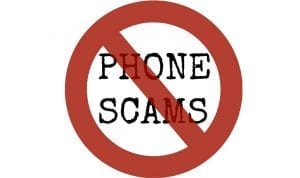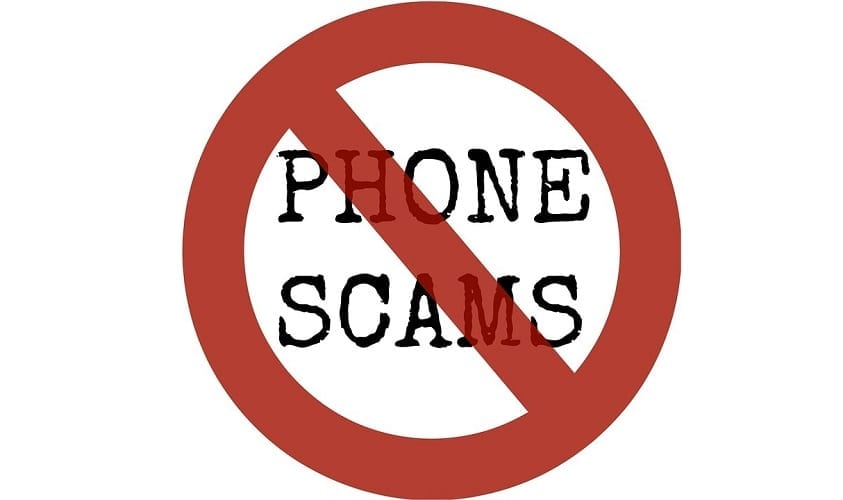A recent study identified the most common types of fraud involving automated telephone solicitation.
Robocall scams are becoming increasingly problematic, particularly as our phones are with us everywhere these days, not just at home. New research from an Arkansas-based call management firm looked into the most common types of these automated phone scams.
These phone scams are designed to trick people into handing over money or identity information.
The First Orion robocall scams study showed that health insurance, Amazon, student loans and free vacations are among the main subjects of this form of fraud. The research also indicates that about 30 percent of all incoming cell phone calls so far in 2018 were from scammers. Moreover, the company also predicts that almost half of all mobile calls in 2019 will be fraudulent.
These scams frequently play on people’s greed and anxieties. Among the most common types of fraud calls include impossibly cheap health insurance policies, deferred student loan payments, “free” vacations, and even types of work from home jobs while employed at Amazon.
The research suggests robocall scams are becoming more popular as the technology becomes cheaper.
Another reason the firm felt robocalls are on their way up is that it is now easier for scammers to mask their identities. For instance, neighborhood spoofing is a technique that lets scammers place a call from anywhere and but appear as though they’re calling from a local number.
First Orion’s report predicts that ninety percent of scam calls will appear to have been placed from a local area code next year.
“These scammers are really sophisticated,” said First Orion’s senior vice president of marketing and business development, Gavin Macomber. “They do A-B testing like us marketers do it in the legitimate business world. If they try something and it works, they’ll keep doing it.”
The telecom industry is plagued by the robocall scams epidemic. Telecom companies and the industry as a whole is trying to develop a fix that would provide verification of a call’s location authenticity. That way, consumers will be able to have faith in their caller ID service once again. At the same time, the insurance industry is warning consumers to be careful of  automated calls they receive offering a health plan with premiums that are too good to be true. They also recommend contacting the insurance company directly – using info from official channels and not information provided by the robocaller – to confirm the legitimacy of an offer.
automated calls they receive offering a health plan with premiums that are too good to be true. They also recommend contacting the insurance company directly – using info from official channels and not information provided by the robocaller – to confirm the legitimacy of an offer.


